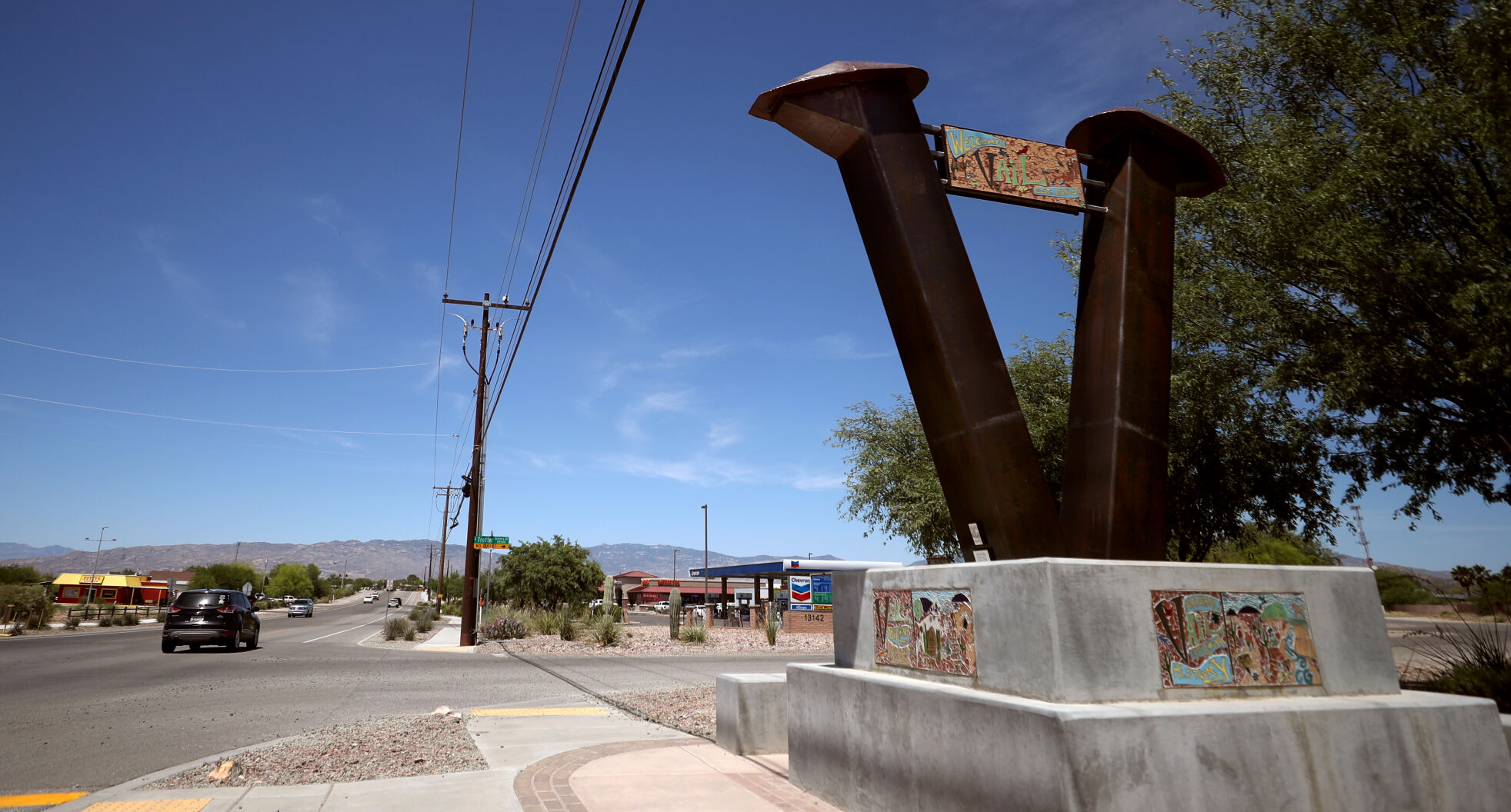For the third time in the area’s history, Vail voters rejected incorporating the area southeast of Tucson into an official town.
Tuesday’s election showed a 60-40 split against the incorporation effort.
“Well, obviously we’re disappointed,” said Incorporate Vail Arizona President David Hook. “But we understand that that’s what the community wants.”
Previous attempts in 1995 and 2013 returned the same results.
When asked Wednesday about the possibility of future attempts, Hook suggested the group might consider it. “We haven’t met to decide what the next steps are, so I wouldn’t rule it out,” he said.
While the group hailed incorporation as a way for the historically rural area to gain local control, many dissenters aired concerns about higher taxes and uncontrolled growth.
If Vail incorporated it would be responsible for its own municipal services such as law enforcement, transportation and public works that Pima County government now provides.
Dissenters said incorporation would put residents on the hook for millions in new expenses, providing what they saw as many redundant services already provided by the county.
But the Incorporate Vail Arizona group told voters incorporation gives residents local control of the area instead of relying on the county to provide adequate services and divvy out its portion of state-shared funding to benefit the community.
As its own town, Vail would instead receive millions in state-shared funding for its own use.
Despite the failed vote, Hook said there were silver linings to be found.
The incorporation debate galvanized the community, fostering passionate engagement and strengthening relationships, both in favor of incorporation and just as neighbors, he said.
“There were a lot of new friends made and there were a lot of relationships that were solidified,” he said. “I think whenever you have people in a community come together for any reason, I think it’s good for your community.”
He reiterated that the incorporation effort was about giving the town the power to determine its own future, rather than making specific promises. “All it does is give them a voice, but you can’t tell them what that voice is going to say,” he said.
“The opposition was very, very forceful,” he added.




